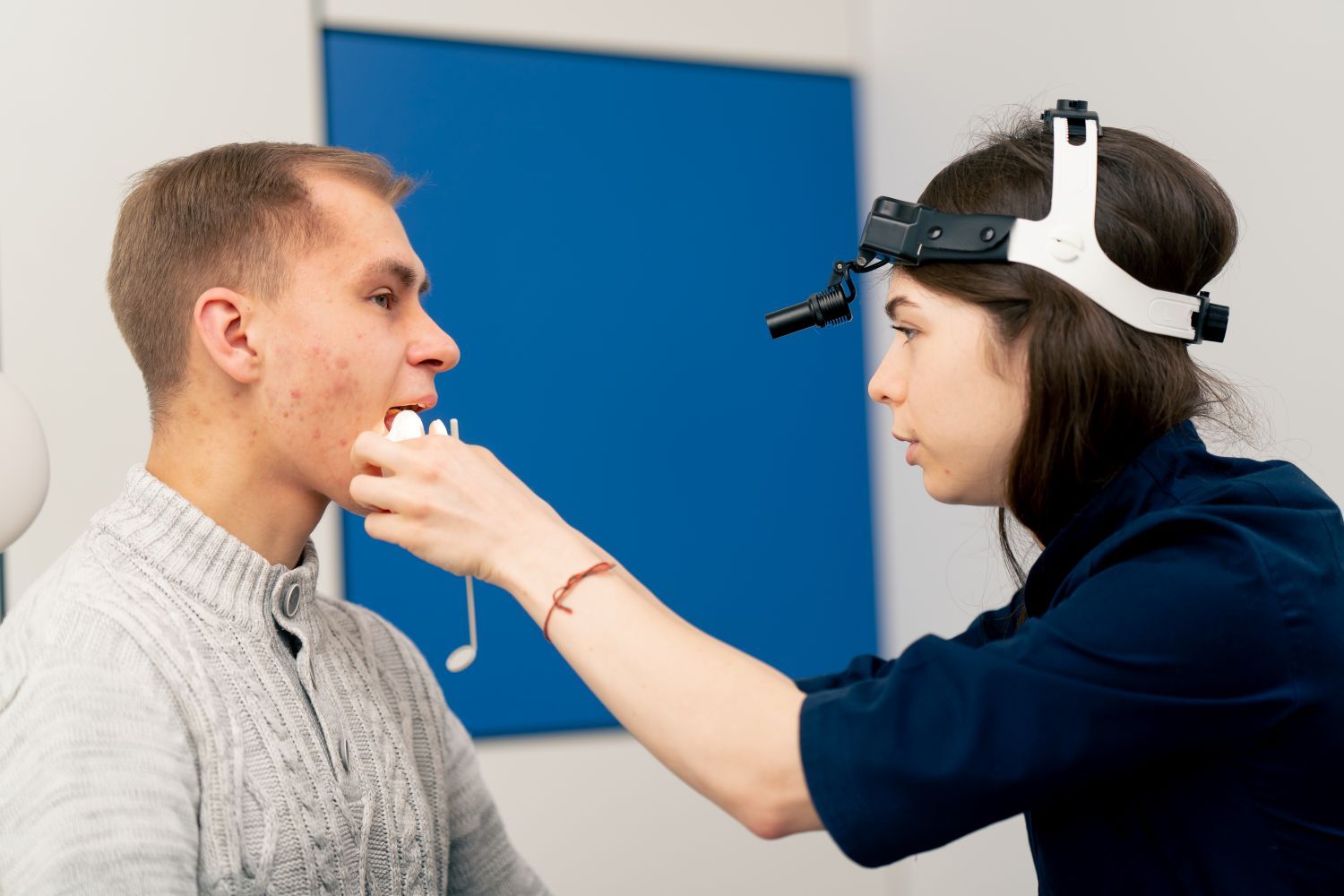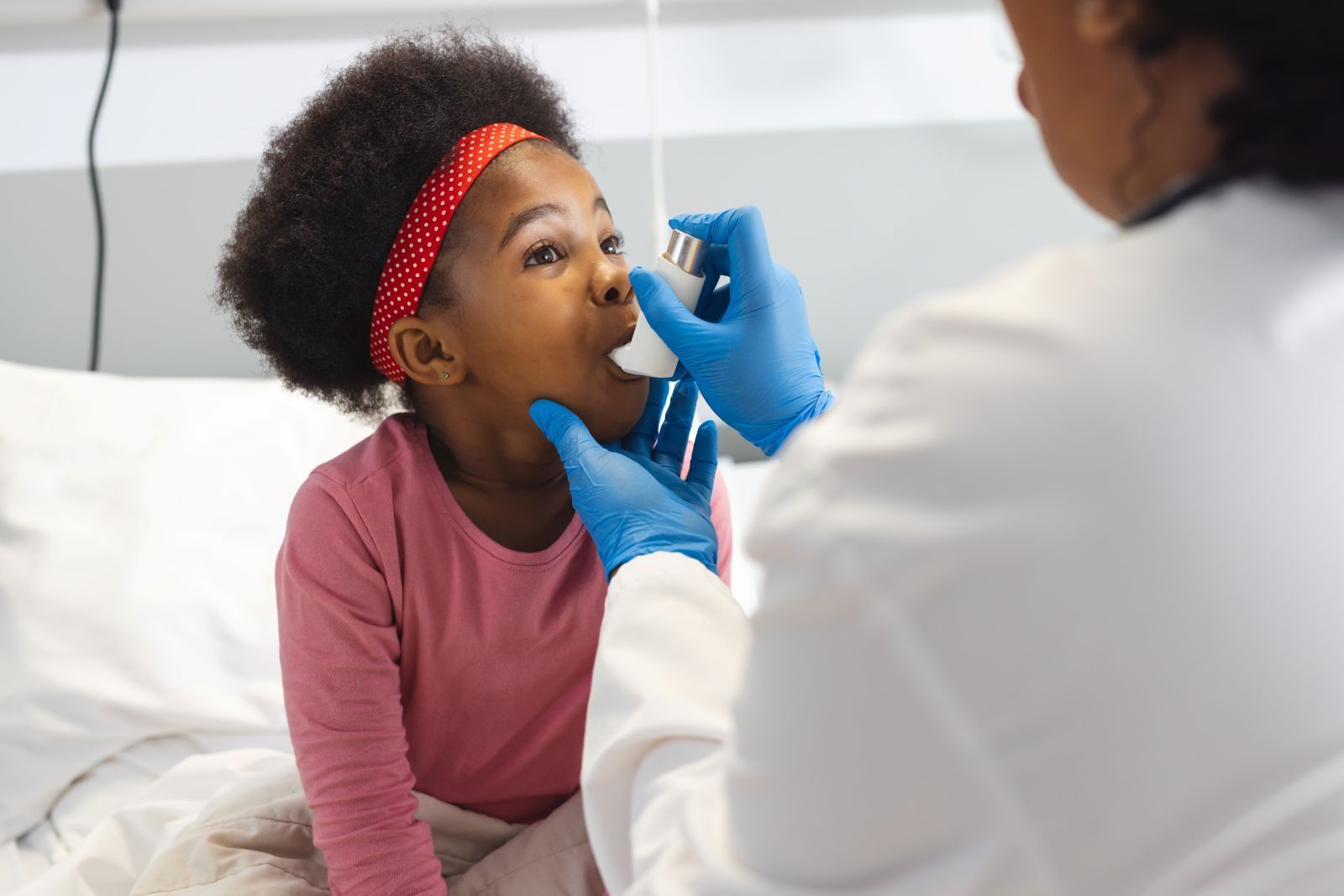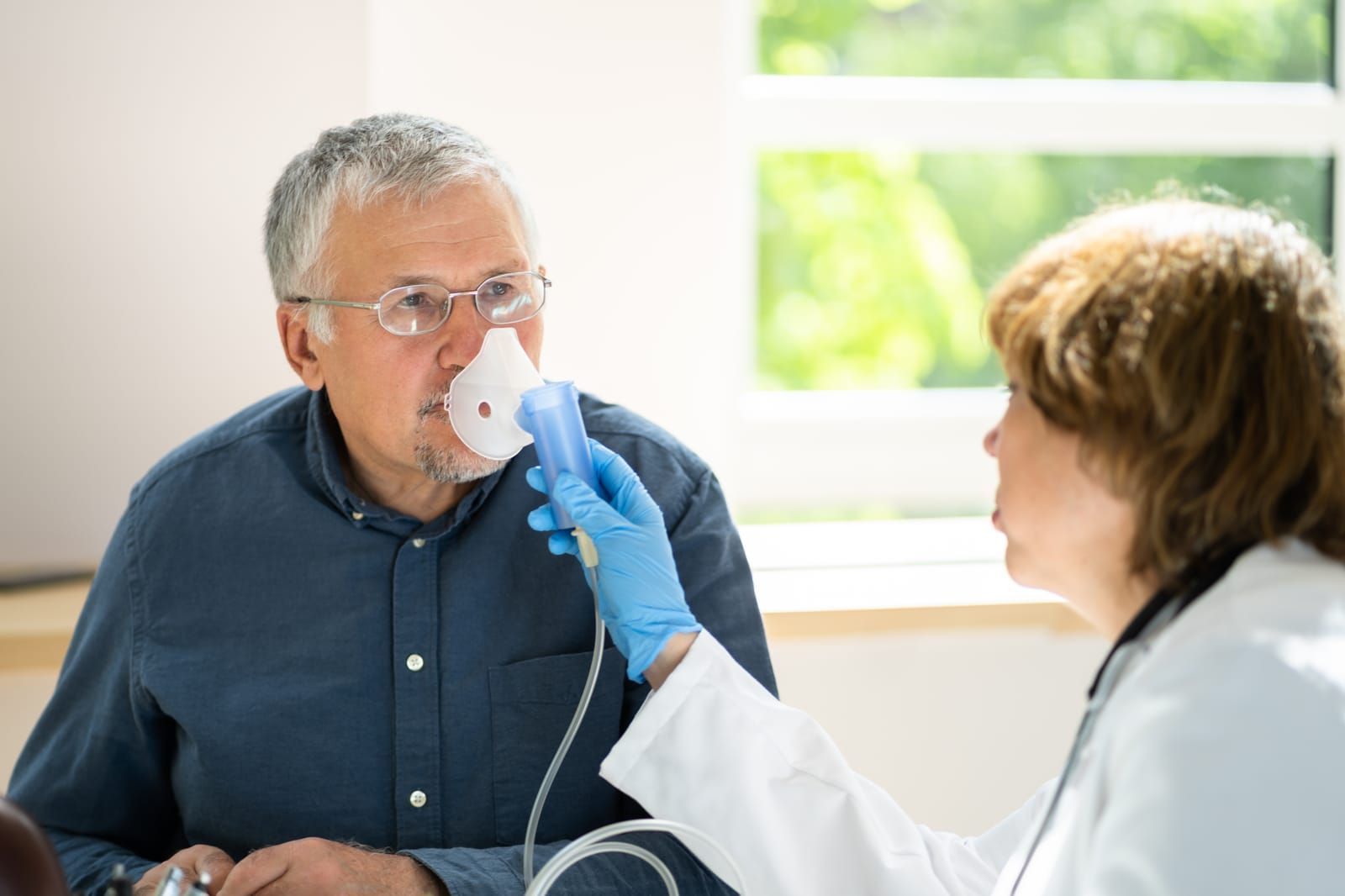The Best Medical Conferences are Multidisciplinary
Medical professionals need to attend conferences regularly to keep up with the latest developments and advancements in their field. The most effective conferences are those that involve speakers from various specialties to discuss common medical conditions, which can have a positive impact on patient care.
Let's take a look at how the KY Bourbon Symposium is a noteworthy example of a conference that promotes cross-disciplinary collaboration.
Better Communication and Collaboration
Having speakers from different specialties discussing overlapping conditions can facilitate better communication and collaboration between healthcare professionals. For instance, chronic cough is a condition that can have multiple underlying causes, including allergies, respiratory infections, and even acid reflux. Given the diverse range of possible causes, the evaluation and treatment of chronic cough may require input from multiple specialists, such as an allergist, an ear, nose, and throat (ENT) specialist, and a pulmonologist.
When these specialists come together to discuss a patient's case, they can share their unique insights and expertise to arrive at a more accurate diagnosis and effective treatment plan.
Better Knowledge
Multidisciplinary medical conferences can provide a platform for healthcare professionals to learn from the experiences and expertise of other specialists. This can expand their knowledge and improve their skills.
Networking Opportunities
Multidisciplinary medical conferences can facilitate networking opportunities that may lead to collaborations in research and patient care.
Better Outcomes for Patients
Speakers from all these specialties discussing the condition and treatment options can provide a more comprehensive understanding of the disease and improve patient outcomes.
KY Bourbon+Roses Sinus, Allergy, and Airway Symposium: A Case-Based Multidisciplinary Approach
The KY Bourbon+Roses Sinus, Allergy, and Airway Symposium, presented by the Snot Force Alliance, is a prime example of a medical conference that emphasizes a multidisciplinary approach. The symposium focuses on case-based panels that includes multiple specialists, including otolaryngologists, allergists, pulmonologists, and sleep medicine specialists. These case-based panels allow for a collaborative approach to patient care, where specialists can share their knowledge and experiences to develop better treatment plans.
Speakers from Across the United States
In addition, the symposium features keynote speakers from various institutions across the United States, bringing together a diverse range of expertise and knowledge. Attendees can learn from leading experts in the field, including physicians, surgeons, and researchers, who present the latest research, techniques, and treatment options.
The symposium's theme centers around Type 2 inflammation, as well as headache and facial pain, respiratory tract infections, and cough.
Join the KY Bourbon+Roses Sinus, Allergy, and Airway Symposium in 2023
The Sinus, Allergy, and Airway Symposium, featuring the 2023 KY Bourbon+Roses event, is scheduled in Louisville, KY, from October 20-22. The conference is open to otolaryngologists, allergists, and other physicians who are interested in the subject matter, as well as advanced practice nurse practitioners and physician assistants. Attendees can learn and benefit from leading experts in the field.
Grab the opportunity to learn from leading experts in the field and gain practical experience at the 2023 KY Bourbon+Roses Sinus, Allergy, and Airway Symposium. Limited spots. Don't miss Early Bird Registration. Register now!












